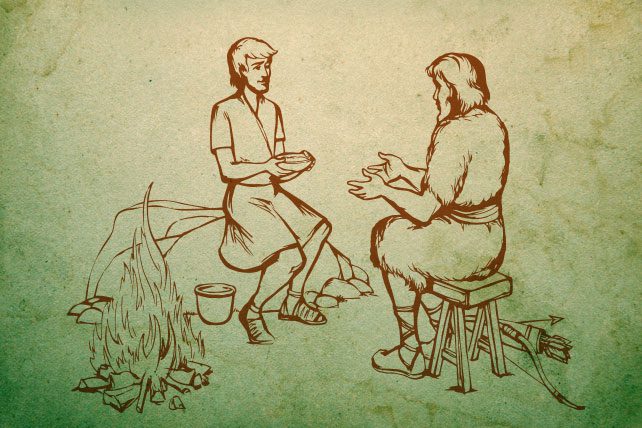Theological and Moral Lessons
The narratives of these twins in the Bible offer profound theological and moral lessons. Jacob and Esau’s story teaches about the consequences of actions, the importance of forgiveness, and the mysterious ways in which divine plans unfold. The account of Perez and Zerah highlights the unpredictability of God’s grace and the idea that significance in God’s plan can come from unexpected places.
Divine Providence and Human Agency
The stories of these twins offer rich material for theological reflection on the interplay between divine providence and human agency. In both narratives, human actions—whether deceit, manipulation, or unintended consequences—intersect with divine plans in ways that are often unpredictable but ultimately purposeful. These stories encourage a faith perspective that recognizes God’s sovereignty in the midst of human complexity, suggesting that even when human intentions are mixed or flawed, God’s purposes can still be accomplished.
RELATED: 4 Unintentional Ways Your Purpose Is Getting Hijacked
Implications for Understanding Biblical Theology
Understanding the genealogical significance of twins in the Bible offers insights into the nature of biblical theology, which is deeply concerned with questions of promise, fulfillment, and the ways in which individual lives are woven into the larger tapestry of salvation history. The narratives of Jacob and Esau, and Perez and Zerah, remind readers of the Bible’s overarching narrative of redemption, where family dynamics, personal choices, and divine promises intersect to reveal a God who is actively involved in human history.

